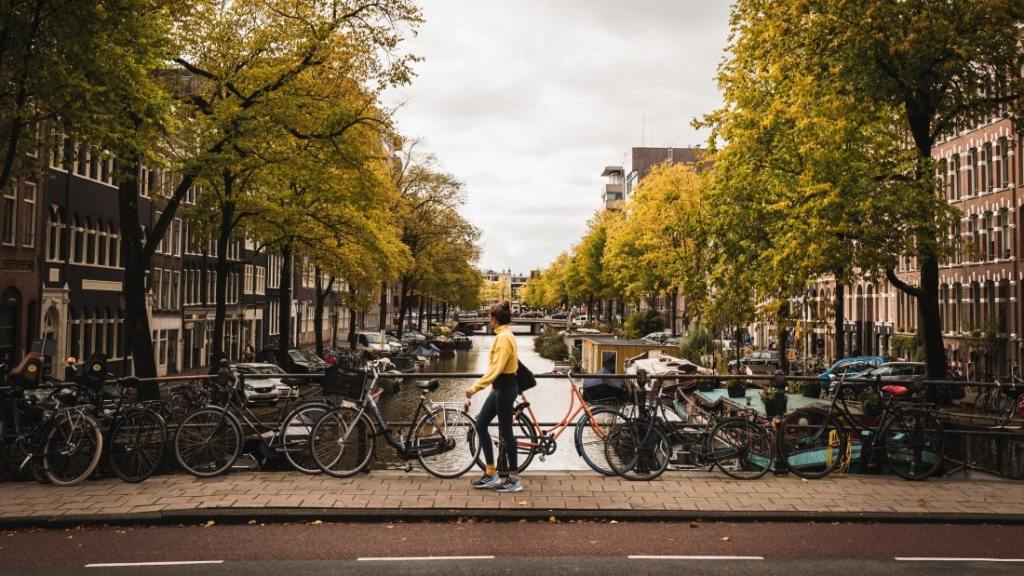Groningen shares the secrets to smooth and sustainable city logistics
Comments Off on Groningen shares the secrets to smooth and sustainable city logisticsSource: Mobility Innovation Marketplace, L. Steinberg
The city of Groningen, the Netherlands, is lauded as an innovator when considering sustainable urban logistics. Following an informative keynote by Lior Steinberg, we now share some of the city’s successes.
Have you ever considered exactly what goes on out of sight in our cities, that enables us to enjoy the comfort and luxuries of everyday life that we have all become accustomed to? At the touch of a button, we can have orders delivered straight to our door. This delivery system or, urban logistics, is a complex but very productive network and we all love it. But sometimes it doesn’t function perfectly, and this can affect all of us.
Factors to consider when contemplating urban logistics include traffic congestion and pollution. Some cities have been proactive and addressed such issues – one example being Groningen in The Netherlands. In a quest to improve standards of living, Groningen has been making improvements for decades and is keen to share its strategy for a sustainable city.
Timing. Perhaps the most logical of all improvements, Groningen has capped the delivery times for cargo and delivery vehicles in specific areas of the city. Deliveries are now only possible between 5am and 12pm unless via a dedicated permit. Rush hour congestion is aided and thus, pollution levels drop, as do the often-forgotten noise pollution levels. Concise planning is required by those using delivery services – particularly businesses – and a faster-flowing network functions well. The strategy has been in place in certain areas for a number of years, but as of 2023, it applies to the entire city, one that is dedicated to improved social activities for those who visit.
Polluting vehicles. Some might regard this as an obvious strategy, but Groningen has gone that little bit further than most. From 2025, only electric or hydrogen-powered vehicles and those under human power will be allowed in the city.
Hubs and last-mile implementation. Groningen has constructed several last-mile hubs around the city. Multiple goods are transferred to these hubs by transport services, at which point electric cargo bikes and sustainable methods take over the handling of deliveries to their final destination.
Cargo Bikes. The relationship which the Netherlands has with bicycles is globally recognised, particularly in Europe. As a nation of devotees of this mode of transport in everyday life, cargo bikes with their sustainable and practical approach have been championed in the country. Now with constantly-developing electric drive systems, deliveries of many sizes will be made faster and more economically distributed.
Knowledge and collaboration. Keen to expand its founded success, and in a quest to improve our way of life, Groningen has shared its strategies with other European cities. Their approaches have been widely published and projects including Intereg’s Smart Urban Freight Logistics Hubs and Horizon’s Urban Logistics as an On-demand Service have been included in Groningen’s agendas. Let’s hope other cities take advantage of this knowledge.









